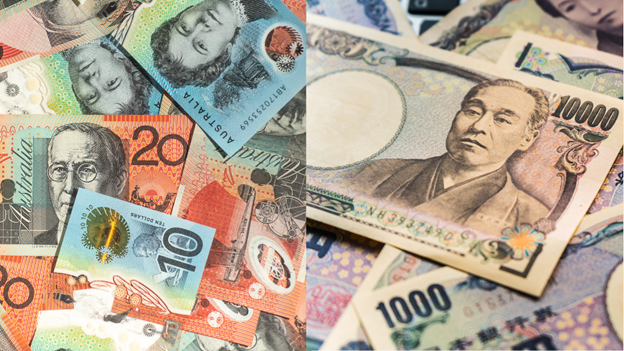The Japanese yen fell on Wednesday after Tokyo’s core inflation rate dipped below 2% for the first time in several months, fueling expectations that the Bank of Japan (BoJ) will maintain its ultra-loose monetary policy. In contrast, the Australian dollar (AUD) remained stable, benefiting from solid commodity prices and steady domestic economic conditions.
The yen’s drop followed data showing Tokyo’s core inflation rate declined to 1.8%, missing the BoJ’s target of 2%. This lower inflation print suggests that Japan’s central bank may continue its current policy, keeping interest rates in negative territory. The softer inflation data has led traders to reduce positions in the yen, which remains highly sensitive to monetary policy outlooks.
Meanwhile, the AUD held its ground, supported by a relatively strong Australian economy. While global inflation concerns persist, Australia’s economic resilience, particularly in its export sectors like mining and energy, has kept the AUD stable. Investors are closely monitoring Australia’s key export-driven sectors, which play a vital role in maintaining the currency’s strength.
The yen remains under pressure as other central banks, notably the Federal Reserve and the Reserve Bank of Australia (RBA), continue to tighten monetary policy. The BoJ’s reluctance to raise rates, compared to higher interest rates in other regions, has made the yen less attractive to investors. Analysts warn the yen could face further declines if Japan’s central bank continues to diverge from global tightening trends.
In contrast, the Australian dollar is benefiting from strong commodity prices and a more stable economic environment. However, the AUD remains vulnerable to global factors such as shifts in U.S. monetary policy and global demand for key Australian exports. As the global market reacts to inflation figures and central bank policies, the different paths of the Japanese yen and Australian dollar underscore the diverse economic landscapes in the Asia-Pacific region. Traders are keeping a close eye on future economic reports and central bank announcements for further direction on these currencies.






















